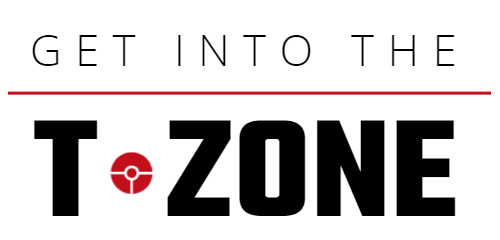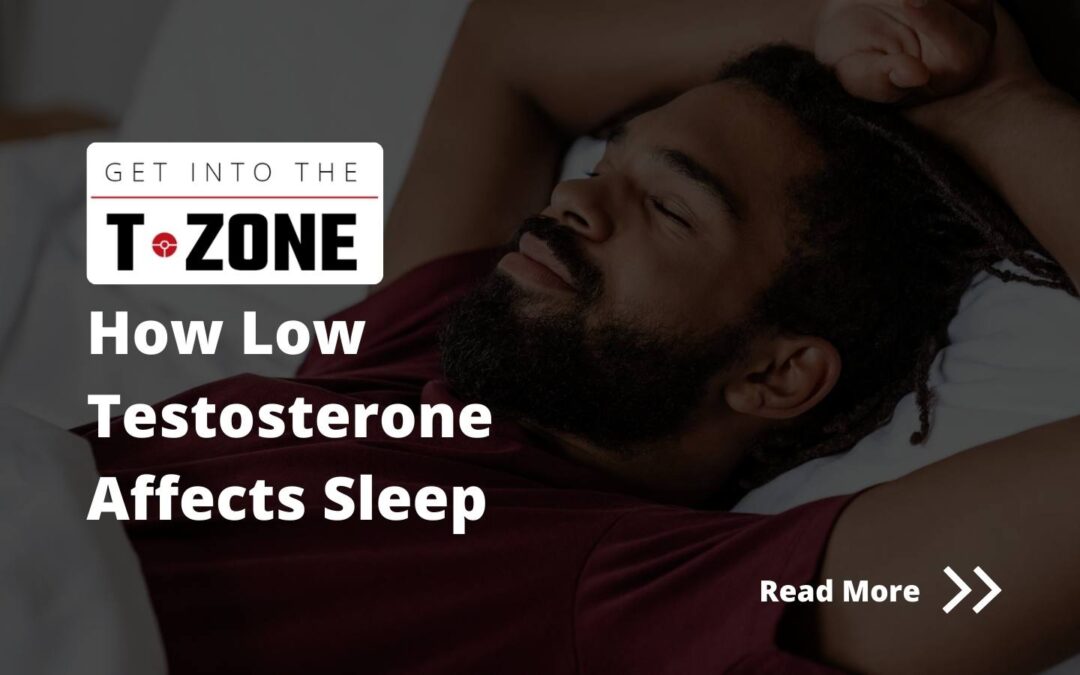How Low Testosterone Affects Sleep – Sleep is essential for overall well-being, yet many men struggle with getting enough restorative sleep as they age. One often overlooked cause of poor sleep is low testosterone. Testosterone, a hormone primarily associated with male reproductive health, plays a vital role in many bodily functions, including sleep regulation. When testosterone levels drop, it can disrupt your sleep patterns, leading to insomnia, poor sleep quality, and daytime fatigue.
The Link Between Testosterone and Sleep
Testosterone production naturally fluctuates throughout the day, with the highest levels occurring during deep sleep. This connection highlights how essential quality sleep is to maintaining healthy testosterone levels. However, when testosterone levels decline—whether due to aging, lifestyle factors, or health conditions—your ability to enter the deep sleep stages may be impaired. As a result, men with low testosterone often experience fragmented sleep, shorter periods of deep sleep, and wake up feeling unrested.
Insomnia and Low Testosterone
One of the most common sleep problems men with low testosterone face is insomnia. Insomnia makes it difficult to fall asleep, stay asleep, or achieve restful sleep. Low testosterone levels can contribute to this by disrupting the body’s natural sleep-wake cycle, making it harder to maintain regular sleep patterns. Over time, chronic insomnia can take a toll on your physical and mental health, leading to increased stress, mood swings, and even cognitive impairment.
Sleep Apnea and Hormonal Imbalance
Sleep apnea, a condition in which breathing repeatedly stops and starts during sleep, is also linked to low testosterone. Research suggests that men with untreated sleep apnea often have lower levels of testosterone, which can exacerbate the symptoms of the disorder. The relationship is cyclical: low testosterone can contribute to sleep apnea and untreated sleep apnea can further suppress testosterone production. This vicious cycle leads to poor sleep quality and worsened symptoms of low testosterone, such as fatigue, low energy, and reduced libido.
How Testosterone Replacement Therapy Can Help
Testosterone replacement therapy (TRT) has been shown to improve sleep in men with low testosterone. By restoring testosterone levels to their optimal range, TRT can help regulate your body’s internal clock, making it easier to fall asleep and stay asleep throughout the night. Many men also report increased energy levels, improved mood, and a better overall sense of well-being after starting TRT.
If you’ve noticed changes in your sleep patterns or find yourself feeling tired during the day, it could be a sign of low testosterone. Let’s talk about how low testosterone affects sleep! At T-Zone Therapy, we specialize in helping men restore their hormone balance and improve their quality of life. Contact us today to learn more about how testosterone replacement therapy can help you sleep better and feel your best.
Follow us on Facebook:

